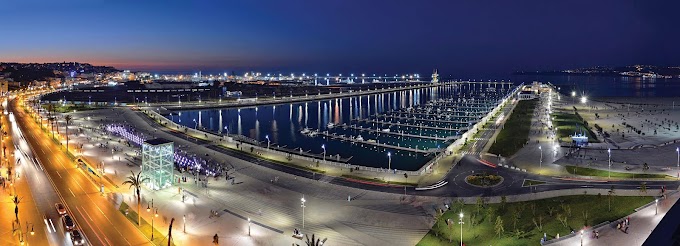A Shopper’s Paradise: Moroccan Souks and Handicrafts
Dive into the colorful world of Moroccan souks and discover the best handicrafts to buy. This travel guide includes top souks, unique products, and expert bargaining tips.
Moroccan souks, Moroccan handicrafts, what to buy in Morocco, Moroccan shopping guide, Marrakech markets, Fes medina
What Makes Moroccan Souks Unique?
Walking through a Moroccan souk is like entering a living museum of color, scent, and sound. These traditional marketplaces are the heart of Moroccan cities, where artisans and traders offer handmade goods, spices, textiles, and antiques in a maze of narrow alleys.
Here’s what sets Moroccan souks apart:
Centuries-old traditions: Many souks date back to the 9th–11th centuries.
Craftsmanship: Items are often handmade using ancestral methods.
Cultural fusion: Arab, Berber, Andalusian, and Saharan influences.
Social hub: A place for locals to shop, socialize, and share tea.
Every city has its own souk scene, but the souks of Marrakech and Fes are considered the most iconic.
Traditional Moroccan Products to Bring Home
Wondering what to buy in Morocco? Here are the most coveted Moroccan handicrafts:
1. Ceramics & Pottery
Known for bold geometric patterns and rich cobalt blues.
Fes is especially famous for its traditional zellige tilework and hand-painted dishes.
2. Textiles & Rugs
Berber carpets come in wool or cactus silk, each with tribal symbolism.
Woven blankets, pillowcases, and scarves are popular gifts.
3. Leather Goods
Visit the Chouara Tannery in Fes for a look at traditional leather-making.
Handcrafted babouches (slippers), bags, belts, and jackets are high quality and affordable.
4. Brass & Lanterns
Delicately cut metal lamps and trays are iconic in Moroccan decor.
Artisans in Marrakech and Essaouira craft items that cast magical shadows when lit.
5. Spices & Argan Oil
Saffron, cumin, ras el hanout, and dried mint are culinary treasures.
Argan oil, used for skin and hair, is a must-buy from cooperatives in the south.
6. Woodwork & Marquetry
From cedar wood boxes to ornate doors, Morocco's woodworking is refined and artistic.
7. Silver Jewelry
Especially in Tiznit and Taroudant, silver Berber jewelry is intricate and symbolic.
Best Souks in Marrakech and Fes
If you're short on time, here’s where to go for the most vibrant shopping experiences:
Souk Semmarine – Marrakech
The main artery of Marrakech's medina.
Offers everything from leather goods to decorative lamps.
Rahba Kedima (Spice Square) – Marrakech
An aromatic hub for spices, herbal remedies, and oils.
Souk el Attarine – Fes
Known for perfumes, brassware, and traditional gifts.
Henna Souk – Fes
Specializes in cosmetics, henna, and natural beauty products.
Jewelry and Antique Markets
Found in both cities, often in smaller alleys.
Be sure to verify authenticity, especially for silver or older items.
Bargaining Tips for Travelers
Bargaining is not just expected in Moroccan souks—it’s a cultural tradition. Here’s how to enjoy the art of negotiation:
1. Start at Half the Asking Price
Vendors often start high. It’s normal to offer 50–60% less and work your way up.
2. Be Friendly, Not Aggressive
A smile goes a long way. Keep the tone playful and respectful.
3. Don’t Show Too Much Interest
Avoid looking overly excited about an item. Take your time browsing.
4. Use Cash (Dirhams)
While some vendors accept cards, cash gives you more flexibility.
5. Walk Away Strategy
If the price is too high, walk away slowly. If the vendor calls you back—success!





0 Comments